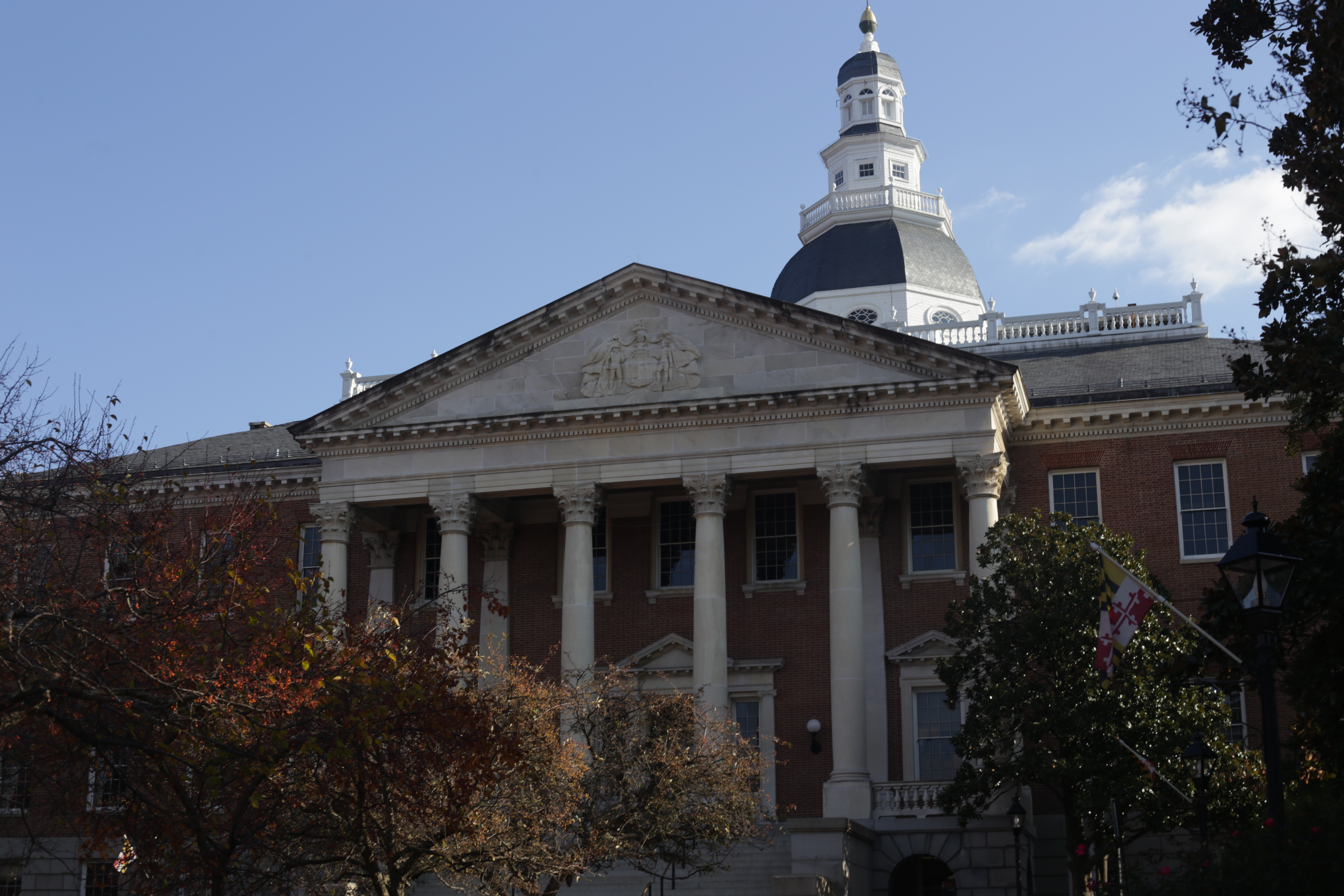Views expressed in opinion columns are the author’s own.
A federal Dream Act would change the lives of almost two million undocumented youth in the United States. Unfortunately, it has failed to pass in Congress since 2001. Until the Obama administration implemented Deferred Action for Childhood Arrivals in 2012, these youth lived in fear, silence and uncertainty. While compromise is needed on both sides of the aisle, Congress seems to have bipartisan agreement on certain terms. As the nation waits to see what will happen, the state of Maryland should not stand idly by and wait.
[Read more: University of Maryland joins 49 other schools supporting DACA in a federal court case]
Maryland has an estimated 253,000 undocumented immigrants, with about 63,000 under the age of 25. The Maryland Dream Act passed in a statewide referendum in 2012 (the same year as DACA). An influx of undocumented students came out of the shadows and began applying to two-year and four-year colleges in the state. When I served as a college admissions counselor at the University of Maryland, the main question these students asked me was if they qualified for any financial aid.
While opponents of the Maryland Dream Act would argue that in-state tuition benefits should be enough, this is simply not true. Dreamers come from predominantly low-income families. The average income for an undocumented family in the US is barely over $35,000. Undocumented college students in Maryland are the only population that lack the ability to qualify for federal or state aid and loans, even though they or their parents may pay taxes and have been raised in the U.S.
More than 20 states offer in-state tuition policies, and five of those states provide state financial aid to undocumented college students. A report from the Maryland Institute for Policy Analysis and Research found that for each cohort of Maryland Dreamers, the economic net return will be $66 million (of which $24 million is for the state of Maryland). If Maryland became the sixth state to pair state aid with in-state tuition, it would ameliorate the hardships of our undocumented youth and provide even greater economic returns for the state.
[Read more: UMD’s undocumented student coordinator sees more requests after Trump’s DACA announcement]
Reimagine yourself attending high school, working on community service hours at your local library and maintaining a high GPA. You innocuously ask your parents for your social security number to fill out a college application and federal financial aid form. Their response is life-changing: “You do not have a social security number. We are undocumented.” For many undocumented immigrants, this is not a hypothetical. Almost 60 percent of undocumented college-goers find out about their hidden identity during the college/financial aid application process. Many subsequently deal with depression and anxiety, and suicidal thoughts have also been reported.
You, just like me, are probably not undocumented. You might hear or read about this topic and after a few minutes go back to your day-to-day activities. That’s OK. The purpose of this article is not to guilt you into learning more about this population.
But I have experienced working with undocumented immigrants firsthand. I do not see the “bad hombres” that President Trump claims are criminals and rapists. What I have seen is an undocumented female engineering student with an off-the-charts SAT math score. Or the undocumented male student who graduated from college in three years with two degrees and interned at Microsoft. Both of them were almost unable to attend college because they lacked financial support.
Hopefully, Congress will be on the right side of history and eventually pass a federal Dream Act to provide a pathway to citizenship for Dreamers. In the meantime, the state of Maryland must begin to consider how states like California and Texas are able to provide state financial aid to all their college Dreamers. If Maryland is truly a progressive state, we should not wait to see what happens on the national level.
I still remember going to Annapolis in 2011 and marching side-by-side with documented and undocumented students in support of a state Dream Act. Many of the students wore caps and gowns, with signs around their necks saying, “Future lawyer, teacher, CEO, etc … if you pass the Dream Act.” We knew it wouldn’t be easy. We knew the state was divided. But the Dream Act passed, and now is the time to further level the playing field by providing undocumented students state financial aid. And for those of you who may say I am just a dreamer… I’m not the only one.
Erwin Hesse graduated from the University of Maryland in 2010 with a degree in criminology and criminal justice and is a former admissions counselor at this university. He can be reached at ehesse@jhu.edu.



